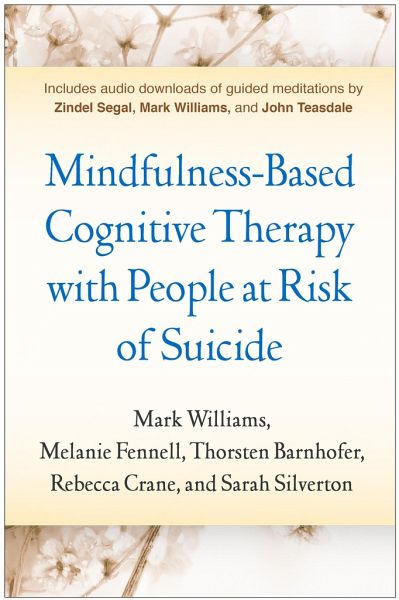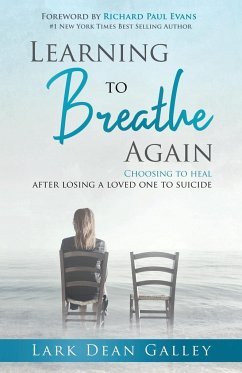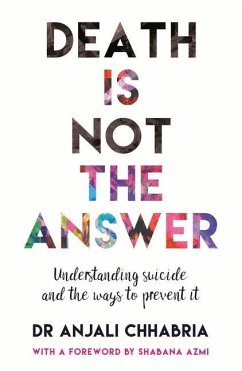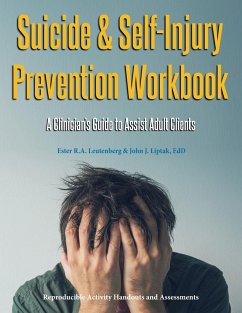Mark Williams, DPhil, is Professor of Clinical Psychology Emeritus at the University of Oxford Department of Psychiatry, where he was Founding Director of the Oxford Mindfulness Centre. He collaborated with John Teasdale and Zindel Segal in developing mindfulness-based cognitive therapy (MBCT) to prevent relapse and recurrence in major depression; together, they coauthored Mindfulness-Based Cognitive Therapy for Depression, Second Edition (for mental health professionals), as well as the self-help guides The Mindful Way Workbook and (with Jon Kabat-Zinn) The Mindful Way through Depression, Second Edition. Dr. Williams continues to train mindfulness teachers internationally. Melanie Fennell, PhD, is a Founding Fellow of the Oxford Cognitive Therapy Centre, where she is now an Associate Trainer. She is also an Associate Trainer at the Oxford Mindfulness Centre. As a research clinician in the University of Oxford Department of Psychiatry, she contributed to the development of evidence-based treatments for depression and anxiety disorders, including MBCT. She developed and led the Oxford Diploma in Cognitive Therapy, the Oxford Diploma/MSc in Advanced Cognitive Therapy Studies, and (with Mark Williams) the Oxford Master of Studies program in Mindfulness-Based Cognitive Therapy. Dr. Fennell is an Honorary Fellow of the British Association of Behavioural and Cognitive Psychotherapies (BABCP) and was voted "Most Influential Female UK Cognitive Therapist" by the BABCP's membership in 2002. Thorsten Barnhofer, PhD, is Professor of Clinical Psychology at the University of Surrey, United Kingdom, where he conducts research into the use of mindfulness-based interventions for the prevention and treatment of mental disorders. He has a particular interest in the mechanisms by which mindfulness meditation benefits psychological and neural functioning. Previously, he worked in Mark Williams's group at the Oxford Department of Psychiatry, where he was involved in research on MBCT for suicidal and chronic depression. A cognitive-behavioral therapist and yoga teacher, Dr. Barnhofer regularly teaches MBCT training workshops and retreats for mental health professionals. Rebecca Crane, PhD, MA, DipCot, is Director of the Centre for Mindfulness Research and Practice at Bangor University in Wales, and has led the development of its training programs since 2001. She previously worked in the mental health field as an occupational therapist and an integrative counselor. Dr. Crane teaches and trains internationally in both MBCT and mindfulness-based stress reduction (MBSR), and is a certified MBSR teacher with the Center for Mindfulness at the University of Massachusetts Medical School. She is the author of Mindfulness-Based Cognitive Therapy: Distinctive Features. Sarah Silverton, DipCot, MEd, teaches at the Centre for Mindfulness Research and Practice at Bangor University, Wales. She has extensive experience as an occupational therapist, counselor, and mindfulness teacher and trainer. She is the author of The Mindfulness Breakthrough.















